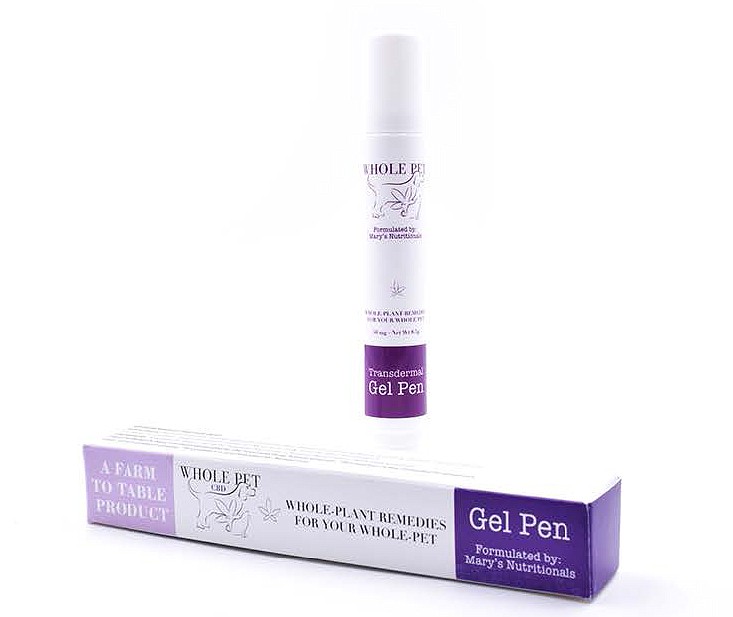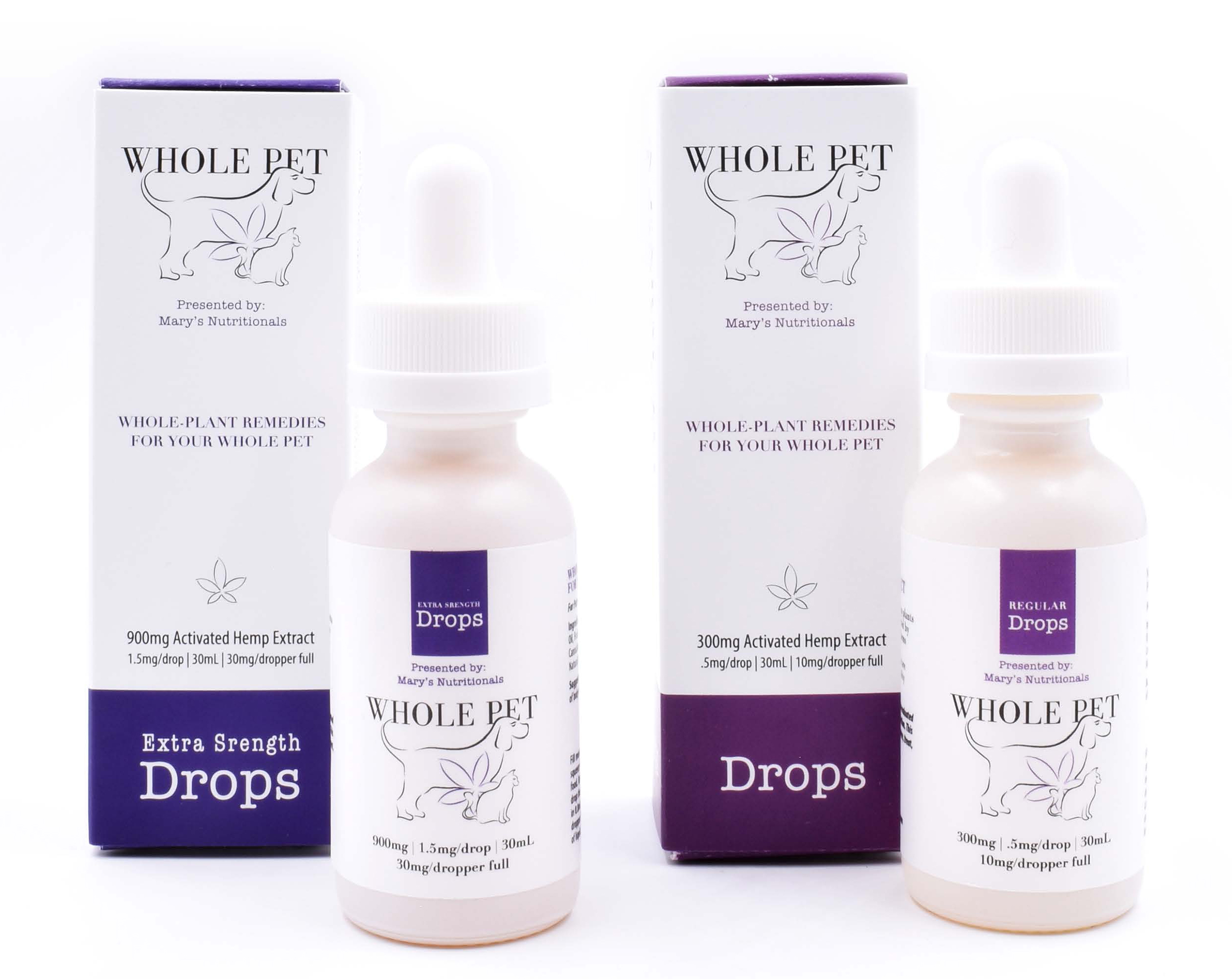With the change in laws - and people's perceptions - surrounding cannabis in states across the country, interest in cannabidiol has grown tremendously over the past couple of years, not only for human use but for pets as well.
Cannabidiol oil, commonly known as CBD oil, is extracted from a naturally occurring compound from the cannabis plant. It can be made from both marijuana and industrial hemp plants, although only CBD oil made from industrial hemp is legal in Tennessee. Both marijuana and hemp come from the cannabis plant, but hemp has a lower concentration, less than 0.3 percent, of tetrahydrocannabinol (THC), the main psychoactive component in cannabis that makes people feel "high." On average, the THC content in legal marijuana is around 20 percent.
More Info
IS IT LEGAL?Industrial hemp and its products were removed from the definition of marijuana in Tennessee’s criminal code in 2014, the same year the state launched its Industrial Hemp Pilot Program allowing individuals to apply to grow the plant. The number of licensed growers has grown every year since 2015, and increased by 35 percent between 2017 and 2018, according to the Tennessee Department of Agriculture.Late last year, the federal Agriculture Improvement Act of 2018 removed hemp — defined as cannabis and derivatives of cannabis with concentrations of THC less than 0.3 percent — from the Controlled Substances Act, meaning it’s no longer an illegal substance under federal law.
The Ark Pet Spa & Hotel has had CBD products marketed toward pets on its shelves for a little more than a year, but sales have really been booming over the past six months, says Adam Harbin, the company's vice president. He partially credits the humanization of pets for the products' increase in popularity, as CBD for humans has seen a similar jump in sales over the same period and more and more people are treating pets like part of the family, giving them the same quality of care they afford themselves.
CBD is typically administered to pets through infused treats or as an oil or gel that's rubbed onto the pet's ear. Dosing guidelines are provided by weight. The Ark has recommended CBD to clients whose pets have conditions ranging from anxiety during thunderstorms to joint pain, Harbin says.
Among those clients is Pat Ferguson, whose approximately 5-year-old Corgi, Duffy, suffers from severe arthritis. The vet prescribed pain medication, but after a while it didn't seem to work as well anymore, Ferguson says. The pain was so bad in some areas that Duffy would snap if someone touched him there. But now, when Ferguson rubs a few drops of CBD on the inside of his ear, she's noticed that she can touch those same spots without him snapping. She's been giving Duffy CBD every day for five or six months, and he no longer needs pain medication, she says. "He seems to get better rest, and doesn't act like it hurts as much," says Ferguson.
"I saw it worked so well on him, I got some for me for my back pain."
Pain relief was also Jennifer Dixon's goal when she started giving CBD to her Springer Spaniel, Belleza. The pup had a terminal tumor on her liver, and as the tumor grew, it was clear that her pain medication wasn't as effective. When the vet told Dixon they couldn't give her ailing baby anything stronger because her system couldn't handle it, Dixon turned to CBD at her sister's suggestion.
After giving Belleza a pill, 15 minutes later she was bouncing off the walls. "I hadn't seen her play like that in months," Dixon says. "She was obviously pain free."
There's little scientific evidence to support claims that CBD can relieve pain or anxiety in animals or humans, though in June 2018, the FDA approved a drug for humans, Epidiolex, that contains cannabis-derived CBD for the treatment of seizures associated with two rare and severe forms of epilepsy.According to an article published by the American Veterinary Medical Association in August of last year, vets aren't allowed to discuss cannabis use with patients. But according to the same article, several studies are currently underway that could provide more guidance. Dr. Stephanie McGrath, a neurologist and assistant professor at Colorado State University's College of Veterinary Medicine & Biomedical Sciences, has completed two clinical studies on the effects of CBD in dogs with osteoarthritis or epilepsy, and the results are expected to be published this year. Dr. Dawn Boothe, director of clinical pharmacology at Auburn University College of Veterinary Medicine, is studying cannabidiol as a treatment for epilepsy in dogs and is also developing an assay to measure CBD's toxicity and efficacy.
Until then, pet parents who feel their fur babies could benefit are left to weigh the pros and cons themselves.


